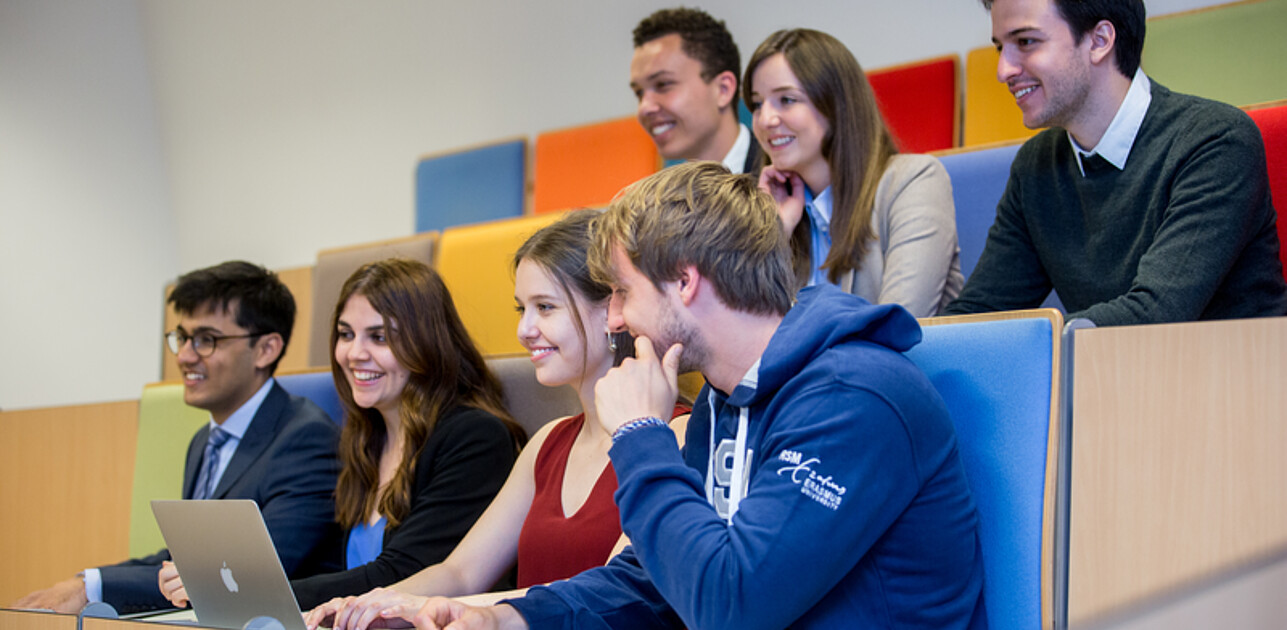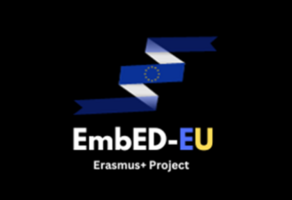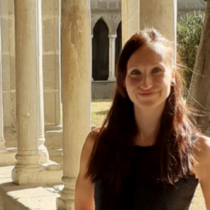Consortium
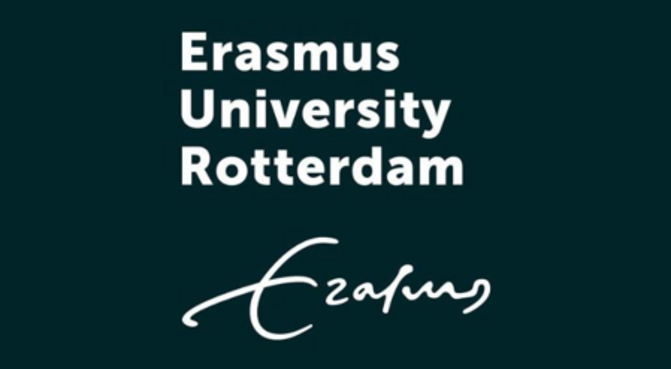
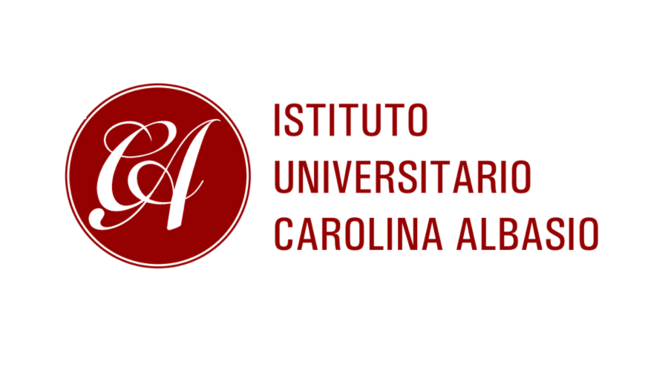
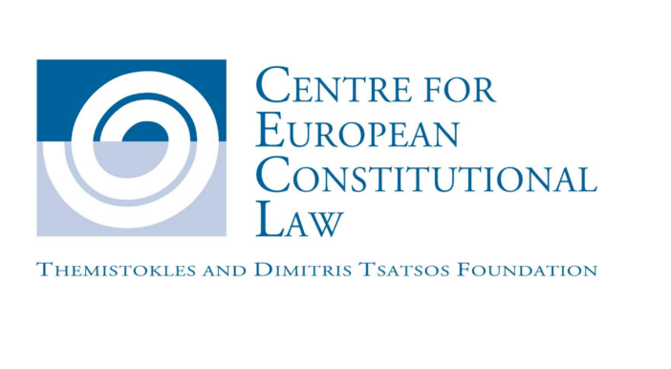

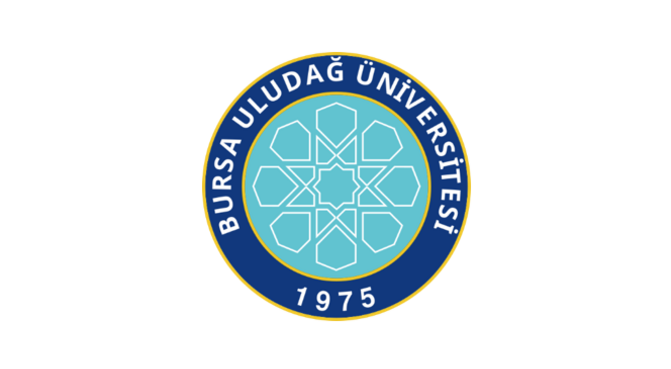
Competency based framework
Competency-based framework designed to incorporate essential EU values into higher education curricula.
The objectives of this project result are the following:
- To conceptualize, prototype, and establish the EUCompAL framework aimed at fostering EU values within higher education pedagogy;
- To delineate and create an EU values-based academic profile; and
- To devise a professional trajectory for the development of an EU values-oriented profile for university instructors.
EUCompAL is designed to elucidate the application of EU values in the enhancement and innovation of higher education. This framework will draw inspiration from analogous instruments devised by the European Union and its agencies (e.g., DigComp, EntreComp, DigCompEdu, GreenComp, LifeComp), and it will be supported by vivid and motivational graphical illustrations.
Through the achievement of these objectives, this framework is set to foster a shared understanding of the essence of being an EU academic and the role of Higher Education Institutions (HEIs) within the EU in safeguarding European lifestyle and values. Its outcomes will enable the academic comprehension of the EU system and values to be methodically structured into uniform and assessable data, which can be quantified using a common metric, amplified and institutionalized, and leveraged for the career progression of academics.
The EUCompAL framework is integral to the overarching aim of the project, which is to enhance the quality and relevance of higher education programs, thereby fostering the personal and professional growth of students and graduates. This initiative stands as our contribution to the Education and Training Monitor 2014 by the European Commission, which advocates for educational institutions across Europe to equip individuals with the necessary skills for successful societal and labor market integration.
MOOC
Massive Open Online Course (MOOC) tailored for higher education instructors, focusing on the integration of EU values into their pedagogical methods.
The specific objectives of this project result are the following:
- To conceive and construct a pedagogical framework based on informed approaches for weaving EU values into university instruction.
- To generate and provide resources, including guidelines and templates, to assist course developers in the creation of Massive Open Online Courses (MOOCs).
- To formulate and implement learning materials, such as readings, videos, and assessments, aligned with the established pedagogical paradigm.
- To propagate the MOOC across academic communities and networks throughout Europe, enhancing its visibility and impact.
This MOOC is foreseen to have several contributions:
- Embodying the foundational values of democracy, human rights, and the rule of law, the EU stands as a beacon of these principles. This MOOC, by integrating EU values into university pedagogy, equips lecturers with the tools to inculcate these values in their students, thereby nurturing responsible and engaged EU citizens.<o:p></o:p>
- The incorporation of EU values into academic teaching not only enriches students' critical thinking skills but also deepens their comprehension of the EU's intricate challenges. It encourages students to engage with a variety of perspectives and information sources critically.
- Embedding EU values in educational practices promotes an appreciation for the rich tapestry of student backgrounds, cultures, and beliefs, thereby fostering an inclusive academic atmosphere. This initiative aims to cultivate mutual respect and understanding among students and among lecturers from diverse backgrounds and cultures.
- The participating institutions have outlined strategic objectives emphasizing global citizenship and social responsibility. By developing a MOOC focused on EU values, these institutions can further their goals, showcasing a commitment to upholding and disseminating the core values of the EU.
Self-assessment tool
Digital self-assessment tool for higher education instructors to appraise the incorporation of EU values in their teaching approaches.
The third project result is designed to guide university lecturers and academics through the process of familiarizing themselves with EU values and incorporating them into their professional activities, particularly within their pedagogical practices. Its objectives are the following:
- Facilitating opportunities for university lecturers to reflect on the significance of integrating EU values into their teaching methodologies.
- Providing evidence to university lecturers on the extent to which EU values have been incorporated into their teaching practices.
- Assisting university lecturers in identifying potential areas for improvement in the integration of EU values into their teaching.
- Offering university lecturers access to standards, recommendations, and best practices for embedding EU values into their teaching methodologies.
The digital self-reflection tool serves as a resource for lecturers to contemplate the role of universities within the EU framework and conversely. In preparation for this initiative, consortium partners reviewed several key policy documents, including the "White Paper on the Future of Europe: Reflections and scenarios for the EU27 by 2025" by the European Commission (2017), highlighting the pivotal role of higher education in perpetuating EU values.
The digital self-reflection tool aims to enhance lecturers' awareness of this critical function. This tool is structured to support lecturers in navigating and enriching their roles and practices as EU academics, offering flexibility in the amount of time and effort invested. It is crafted to foster reflection, not for evaluative or accountability measures. Through introspection on personal strengths and areas for development, followed by strategic planning for improvement, lecturers can achieve professional growth. Consequently, this third project result plays a vital role in strengthening the higher education sector's contribution to promoting EU values and the European way of life.
Advisory board
The project benefits from the guidance of an external advisory board, comprising experts in EU studies and education sciences, who are entrusted with ensuring the quality of the project's outcomes. The advisory board includes the following members:
Prof. Argyris Passas (Greece). Professor Emeritus in State Administration & European Integration, Panteion University of Athens. Jean Monnet Chair "Public administration & European Integration”
Prof. Maria Eliophotou (Cyprus). Professor in Education. University of Cyprus.
Prof. Cagnur Kaytmaz Balsari (Türkiye). Dean, Faculty of Business at Dokuz Eylul University.
Dr. Dimitrios Bouris (the Netherlands). Associate Professor at the Department of Political Science at the University of Amsterdam. Jean Monnet Chair "The EU as a Global Actor" (ATHENA).
Dr. Mirko Forti (Italy). Research Fellow in European and International Law at the Università degli Studi della Tuscia.
Publications
Querci, I. & Vlachopoulos, D. (2023). Editorial: a shared reflection on how to innovate Higher Education through the embedment of EU values in teaching and learning practice. CRSL Innovation Journal, 1(2). https://www.innovationjournal.science/index.php/crsl-innovation-journal/article/view/20
